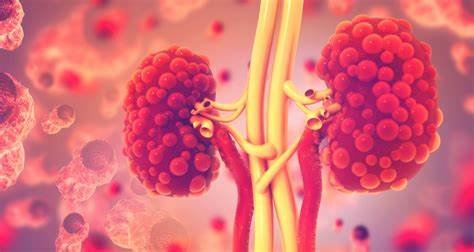
image credit- shutterstock
A research team from Pohang University of Science and Technology (POSTECH), in South Korea, has engineered an artificial kidney that allows for the early detection of adverse drug reactions.
The kidney plays a vital role in maintaining homeostasis within the body by eliminating toxic and superfluous substances in the bloodstream, including waste generated during metabolic processes, through urine. Nevertheless, toxicity can also be induced in the kidney from certain medications.
Nephron is the fundamental structural and functional unit in the kidney. It encompasses a network of small blood vessels called the glomerulus, twisted into a convoluted thread-like shape, contributing to forming kidney corpuscle along with glomerular capsules. It also plays a role in removing waste from the blood. When an excessive quantity of drugs is administered, the nephron is often the first organ to exhibit drug toxicity in the body.
The researchers have fabricated a glomerular microvessel-on-a-chip, which includes glomerular endothelial cells, podocyte layers, and a glomerular basement membrane (GBM) using a single step fabrication process.
The team has replicated glomerular units of the kidney, which offer boundless potential for drug screening and nephrotoxicity testing in clinical practice. According to the researchers, this development will enable to detect drug toxicity early by facilitating glomerulus disease modeling and to provide personalised treatment for patients.




